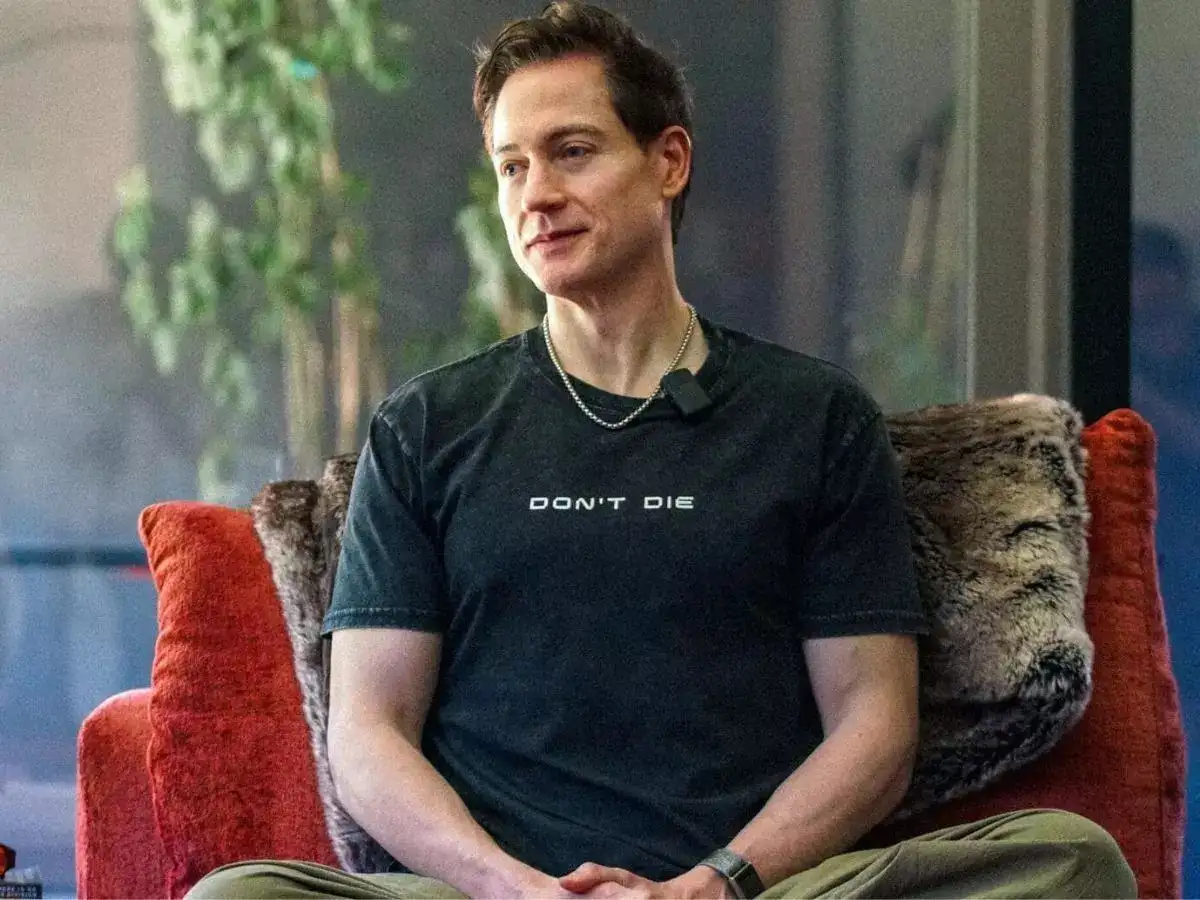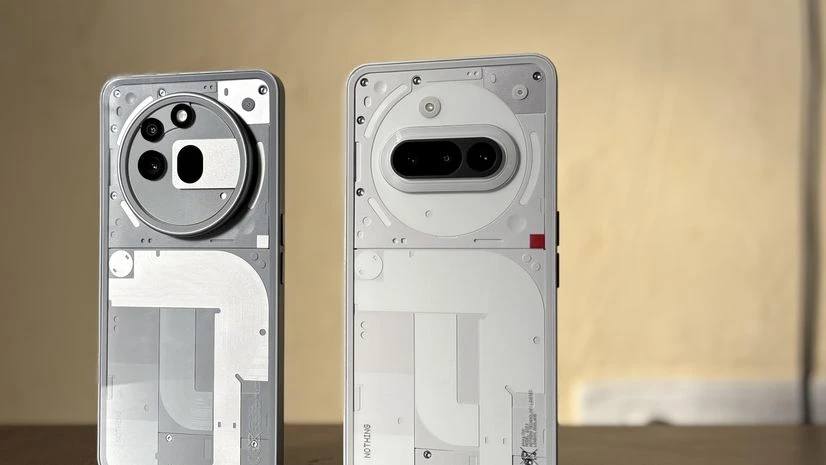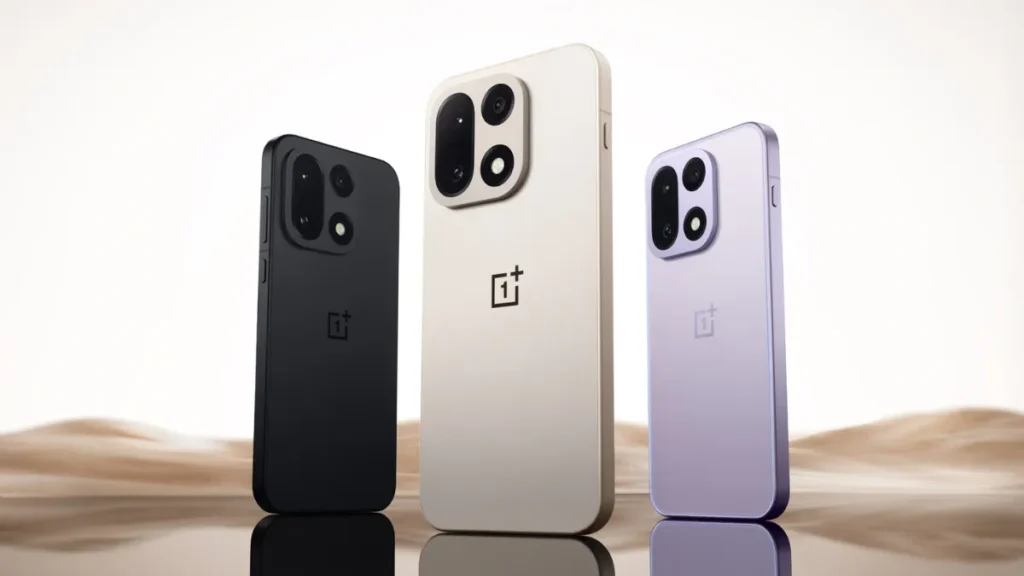Now Reading: Tech CEO Ditches Apple Watch and Bryan Johnson’s Routine, Says “It Was Hurting My Sleep”
-
01
Tech CEO Ditches Apple Watch and Bryan Johnson’s Routine, Says “It Was Hurting My Sleep”
Tech CEO Ditches Apple Watch and Bryan Johnson’s Routine, Says “It Was Hurting My Sleep”

In a surprising move, a tech CEO recently revealed that he gave up his Apple Watch and stopped following biohacker Bryan Johnson’s strict health routines, claiming they were causing more anxiety than benefits. His honest confession has sparked a broader conversation about digital wellness, tech dependency, and sleep quality — topics increasingly relevant for India’s urban youth and working professionals, especially in growing Tier 2 cities.
Tracking Everything Isn’t Always Healthy
The CEO, known for his disciplined lifestyle, had adopted health tracking devices and intense self-optimization routines inspired by Johnson — who is famous for his high-tech anti-aging protocols. However, after months of using wearables to track sleep, heart rate, and daily movement, he began feeling mentally drained.
He admitted that constantly monitoring his body led to overthinking and sleep disruptions, instead of peace or better health.
When Technology Becomes a Stress Trigger
His story highlights a growing concern: gadgets meant to improve health can sometimes do the opposite. From sleep-tracking watches to calorie-counting apps, the pressure to “optimize” every moment of life can lead to stress and burnout.
Even during rest hours, alerts and data analytics can create subconscious tension — making users anxious about not meeting their “health goals.”
The Bryan Johnson Effect
Bryan Johnson, a tech entrepreneur turned longevity enthusiast, follows an extreme daily regimen involving multiple health devices, special diets, and regular tests. His followers often adopt similar practices in pursuit of perfect health. But as this CEO’s case shows, not everyone benefits the same way.
The one-size-fits-all approach to biohacking may not suit regular lifestyles, especially for those balancing demanding work, family life, and limited resources.
Relevance for Tier 2 India
In India’s Tier 2 cities, where people are increasingly adopting smartwatches and fitness bands, this serves as a timely reminder. Many young professionals and students use these devices to stay fit — but may unknowingly become dependent or stressed by the data.
As wellness tech reaches smaller towns, it’s important to understand that digital tools should aid health, not complicate it. Real rest, sleep, and mental peace still depend on habits, not just numbers.
Balanced Use Is the Key
Experts suggest that tech-based health tracking should be used in moderation. It’s fine to measure progress — but obsessing over every detail can be harmful. Building consistent routines, staying active, and listening to your body are still the most reliable wellness strategies.
Unplugging occasionally and trusting natural cues might actually lead to better outcomes.
Conclusion
The tech CEO’s decision to quit over-tracking his health is a powerful message in a data-obsessed world. It reminds us that digital wellness isn’t about having more information — it’s about feeling better. As more Indians, including those in Tier 2 cities, embrace smart gadgets, the focus should remain on balance, not perfection. After all, true health includes peace of mind.

























